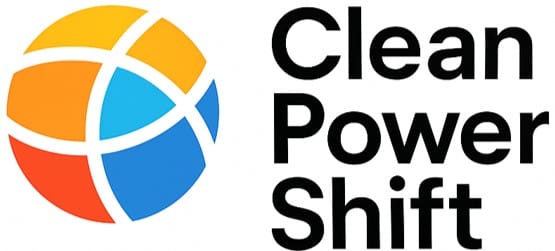Federal Climate Grants Frozen Amid Legal Risks, Raising Fears of Investment Slowdown
The Trump administration’s freeze of $20B in climate grants risks slowing U.S. clean energy growth. Financial markets react as uncertainty drives up costs, delays projects, and threatens innovation,

The Trump administration’s move to freeze $20 billion in federal climate grants has triggered warnings from government attorneys and raised concerns among clean energy investors about a potential slowdown in project development.
Internal Environmental Protection Agency (EPA) emails, obtained by Politico and reported on April 23, show that senior legal advisors cautioned the administration that retroactively halting grants could expose the federal government to “significant legal vulnerabilities” and multibillion-dollar liability.
The freeze affects grants issued under the Inflation Reduction Act (IRA), a major component of the Biden administration’s climate strategy. Projects ranging from solar and wind installations to grid modernization and emerging technologies such as green hydrogen and long-duration energy storage are now in limbo.
Industry groups have warned that the freeze could stall progress at a critical time for U.S. climate goals. According to a 2022 report by the International Energy Agency (IEA), scaling up early-stage clean energy technologies typically requires public sector support to attract private capital, with public funding accounting for 40 to 60 percent of demonstration and scaling costs.
The New York Times reported on April 24 that several developers, including mid-sized utilities and renewable energy firms, have already begun delaying hiring and construction milestones due to uncertainty surrounding federal support.
Financial markets are also reacting. Bloomberg Green reported that lenders are tightening terms for clean energy projects dependent on federal grants, while insurers are reassessing risk profiles for developers with significant exposure to IRA funding.
Historical precedents highlight the potential risks. During the 2011–2013 federal budget sequestration, disruptions to Department of Energy programs such as ARPA-E led to project delays and cancellations. Venture capital investment in cleantech fell nearly 30 percent during that period, according to Bloomberg New Energy Finance.
“Policy uncertainty translates directly into higher financing costs and slower deployment,” said a 2021 National Bureau of Economic Research study on the impacts of economic policy uncertainty.
The current $20 billion freeze represents a significant share of the Inflation Reduction Act’s climate-related allocations. Analysts caution that interrupting established grants midway could lead to ripple effects beyond immediate projects, affecting supply chains, manufacturing investment, and clean technology startups reliant on a predictable funding environment.
The United States has committed to reducing greenhouse gas emissions by 50 to 52 percent by 2030 under its Nationally Determined Contribution (NDC) to the Paris Agreement. Energy analysts warn that disruptions to grant-funded projects could complicate efforts to meet these targets.
Comparative international examples illustrate the importance of policy consistency. Germany’s Energiewende program and Denmark’s national wind strategy maintained bipartisan support across multiple administrations, contributing to the countries’ leadership in renewable energy industries. In contrast, frequent policy reversals in countries like Australia have been associated with investment volatility, according to the IEA’s World Energy Investment 2023 report.
The EPA has not commented publicly on the internal legal concerns cited in the leaked emails. Court challenges to the freeze are expected in the coming months.
References
- U.S. Department of Energy, "Recovery Act," 2009. Link
- Politico, "Trump admin's EPA emails reveal legal risks in climate aid freeze," April 23, 2025. Link
- National Bureau of Economic Research, "Measuring Economic Policy Uncertainty," 2021. Link
- Bloomberg New Energy Finance, "State of Clean Energy Investment," 2014.
- Center for American Progress, "The Cost of Trump’s War on Clean Energy Innovation," 2018.
- New York Times, "Trump Administration Move Freezes Clean Energy Projects," April 24, 2025.
- Bloomberg Green, "Clean Energy Loan Markets Tighten Amid Funding Freeze," April 25, 2025.
- International Energy Agency, "Tracking Clean Energy Innovation," 2022.
- International Energy Agency, "World Energy Investment," 2023.




Comments ()